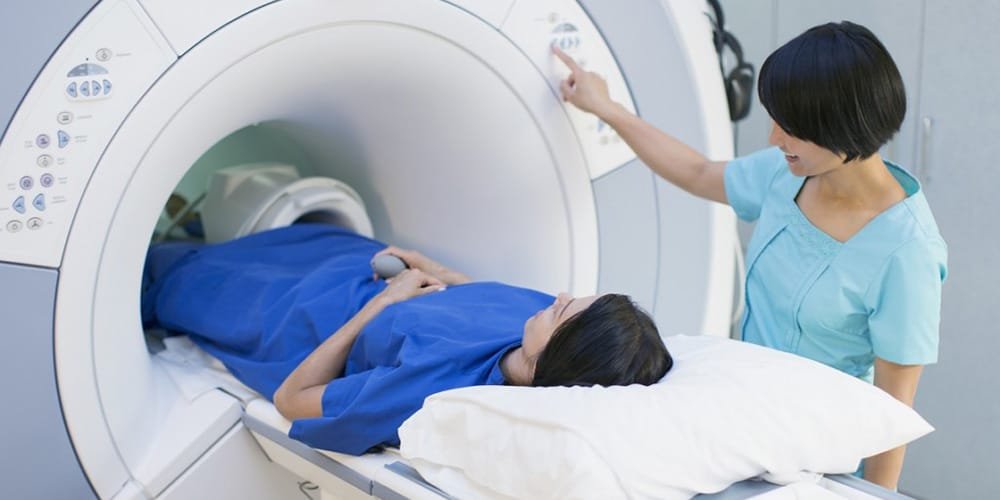Surgery
Surgery remains the most direct approach for treating cancer. For some people, surgery is all that's needed to cure the disease. Others may need additional treatment with radiation, chemotherapy, or other therapies before, during, or after the operation.

In cancer surgery, the stakes are especially high. Having the right procedure up front means that your cancer is less likely to come back. It also reduces your risk for serious complications that can impair your health and normal bodily functions.
What advantages can Atal Memorial Cancer Care offer you or your loved one? First and foremost, our doctors are super-specialized experts not only in surgical techniques to remove cancer but also in the disease itself. Their sole focus is on cancer, and they care deeply about finding better ways to treat and cure it. In fact, surgeons from all over the world come to AMCC to learn new techniques.
Even though other surgeons may be equally adept at performing an operation, surgeons at AMCC — working closely with our pathologists, medical oncologists, and many other cancer experts — have the depth of knowledge to perform it at the right time, in the right way, and in combination with the right additional therapies. They’re committed to helping you understand all your options, including when it’s feasible to postpone surgery and closely monitor your cancer instead, using an approach called active surveillance.
Active surveillance, sometimes called watchful waiting, has been made possible through advances in cancer science that are allowing doctors to understand when a cancer will progress slowly and is not a threat to your health. This approach may allow you to delay treatment — and avoid its potential risks and side effects — until symptoms appear or there’s a change in the aggressiveness of your disease. It’s a proven method our surgeons pioneered very successfully here with prostate cancer and that we’re increasingly using for thyroid, kidney, and other cancers.
In addition to saving lives by curing cancers, our surgeons work hard to find ways to help patients fully recover normal function after treatment. To give just one example, our gynecologic surgeons helped develop a new surgical procedure that preserves fertility in patients with early-stage cervical cancer. We now have one of the most active programs in the United States using this technique, allowing many women to still have children who would have lost this ability in the past.
Our Approach to Surgery
Our goal with surgery is to remove as much of the cancer as we can — all of it, if possible. We're experienced in effectively removing common tumors as well as very complicated growths in hard-to-reach or delicate parts of the body. Our skilled surgeons work as a team with our other highly trained experts, such as anesthesiologists and nurses, who can make a crucial difference in how well you do during and after surgery.
If you're a candidate for surgery, we'll recommend the approach that gives you not only the best chance for survival but also the best quality of life possible. A few of the factors we take into consideration include the following:
the type of cancer you have (for example, solid tumors often can be surgically removed, while blood cancers can’t)
where in your body the cancer is located and how we might best reach it to remove it
the extent of the cancer, and whether it has spread (metastasized) to nearby tissue
how quickly the cancer is growing
other health conditions that may affect how you tolerate and recover from surgery.